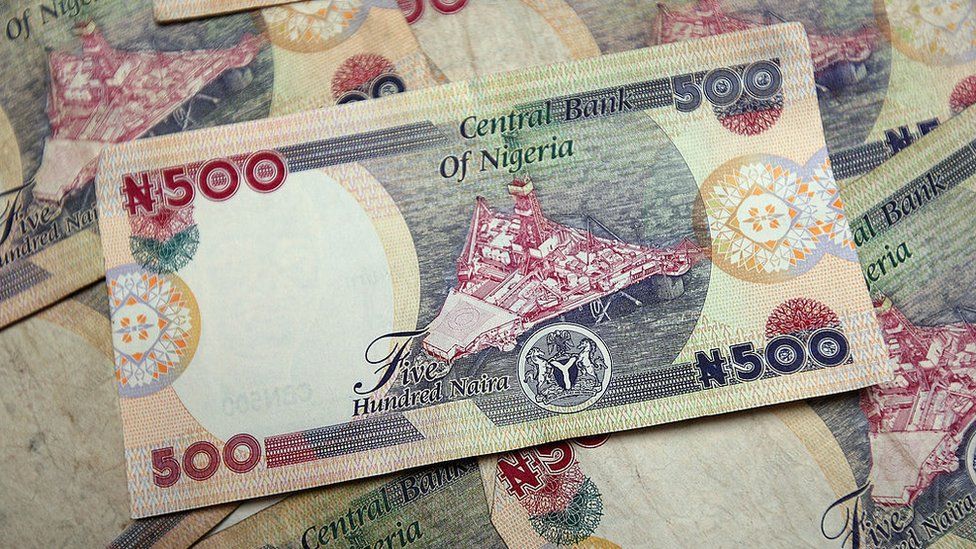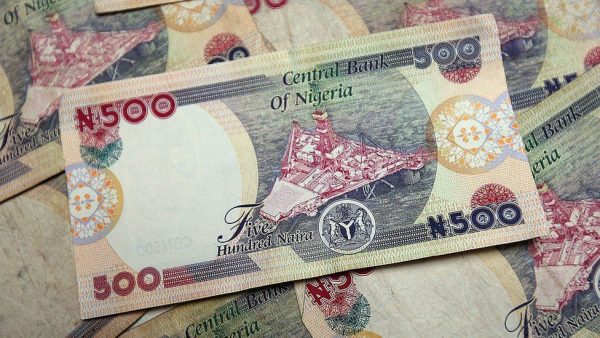Things don’t always go as planned. This is true for practically every aspect of our lives. An event you haven’t forecast may arise to disrupt your schedule, or even prevent you from achieving goals you’ve set for yourself.
Read more about Business
This is often true in business. If you’re an entrepreneur, you will have seen it happen many times. The unpredicted event could be anything from a client not paying on time, to a disaster that takes your business offline for a prolonged period.
It’s important to build a cash reserve for such times, especially if the situation develops when your cash flow is thin (or if the event dries it up). Having some money for emergencies at your business will save you a lot of trouble. It could even protect your whole enterprise from going down under.
This article discusses the steps you can take to create a good cash reserve for your business.
Set A Target
Enterprise experts say that businesses should have between three and six months’ worth of savings—assuming that there are three to six months in which those businesses do not generate anything in revenues. The buffer will help them cover costs throughout that period.
Admittedly, this is a challenging target to reach for most businesses in Nigeria. They’re running on thin margins, and can’t afford to set much aside. Here, the advice would be to store as much as you can. There’s more on this below.
Put Something Aside Each Month
Putting aside something—anything –is better than having nothing in your piggy bank. If you do this every month for a long period, your reserves will build up. Commit to taking out a minimum from your incomings for this purpose.
One approach that could work is treating potential additions to your reserves as a fixed expense. Make it a compulsory monthly deduction, as you would for things like power and data costs. Taking this view of things will make it easier to achieve your savings target.
Sign up to the Connect Nigeria daily newsletter
Grow Overall Cash At Your Disposal
It might not be enough to simply draw from your existing revenues or profits. You could work to increase the total sum from which you can deduct your savings. There are several ways to do this.
Plan your expenses more meticulously with budgets for essential items. Look at the non-essentials, and determine how much of them you could do without. The goal here is to spend less and eliminate extra costs by becoming more efficient with the resources you have.
Another strategy would be to collect payments faster. You may send out invoices more quickly, to allow for payments to come in earlier; or grant discounts for early payments.
Adopting cost-cutting and collections-boosting measures will grow the funds from which you could cull savings.
Decide When It’s Right To Use Your Reserve
You don’t want to dip into your reserves at just any time. They’re meant for the times when you don’t have the funds to sustain your business. Examples could be natural disasters, a social or economic crisis, an internal problem that’s lingered for long, or any other event that negatively impacts your business’s ability to operate and earn.
It’s up to you to decide what kind of situation could warrant your use of emergency funds. Be sure to create a clear guideline for using them. The guideline should specify when you’ll use the money, and how it should be deployed.
Replenish Your Reserve After Using It
If you eventually take out funds from your reserve, be sure to replace them. You’ll do this the same way you’ve built it up—over time. You’ll always hope that you won’t have a reason to use it, but you can’t be sure when the next drawn-out problem will occur.
Final Words
Having a cash reserve could save you a lot of stress sometime in the future. Building it takes a lot of discipline and patience, but it’s always worth the effort.
Featured Image Source: BBC
Got a suggestion? Contact us: [email protected]


